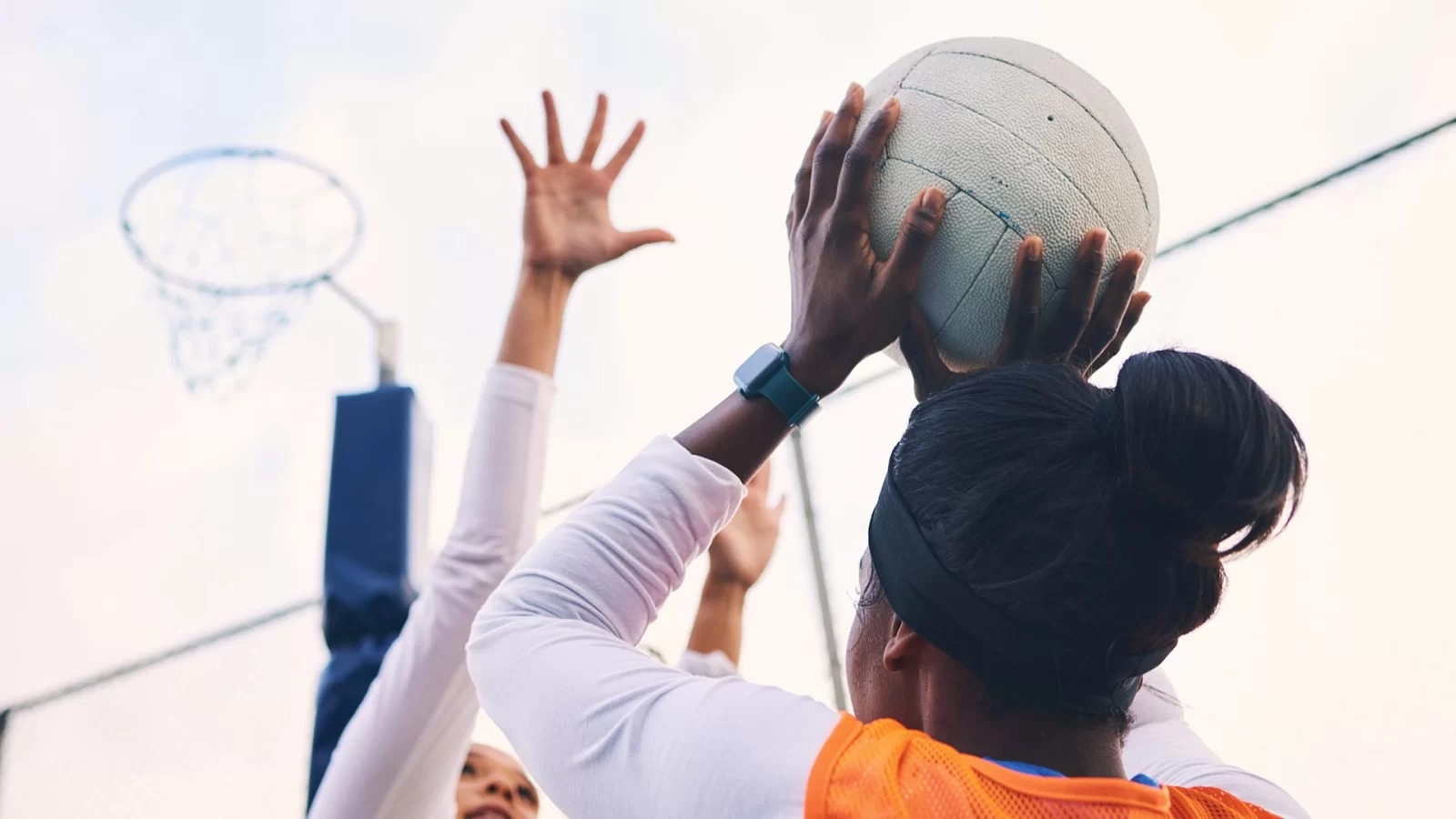Athletes constantly strive to reach their full potential, but mental barriers can often be the biggest obstacle to success. Anxiety, self-doubt, and pressure can limit performance, even when physical training is optimal. Hypnosis offers a unique approach by working directly with the subconscious mind to improve focus, mental resilience, and consistency under pressure. In competitive environments, even small psychological improvements can lead to significant results. Mental clarity, focus, and the ability to remain calm under pressure often separate elite athletes from their peers.
Hypnosis encourages relaxation, promotes positive mental conditioning, and allows athletes to rehearse success in their minds. By training the subconscious to adopt productive behaviours, athletes can approach competitions with increased confidence and control. Using hypnosis for sports performance anxiety equips athletes with practical strategies to remain calm, focused, and resilient when it matters most.
Understanding Hypnosis in Sports Performance
Hypnosis is a therapeutic approach that guides athletes into a state of deep relaxation, heightening awareness of thoughts and feelings while accessing the subconscious mind. In this state, limiting beliefs can be identified and reframed, allowing athletes to develop stronger mental habits and boost performance. Unlike conventional training, hypnosis emphasises mental rehearsal, visualisation, and positive suggestion to enhance focus, confidence, and emotional control. Athletes often find that combining physical training with hypnosis results in sharper performance, improved stress management, and an overall sense of preparedness before competition.
Key Benefits for Athletes
Improved Focus and Concentration
Hypnosis helps athletes maintain sharp focus during training and competition. By learning to block distractions and remain present, athletes can consistently execute skills under pressure, ensuring peak performance in critical moments.
Stress and Anxiety Reduction
Competitive environments generate natural stress and pre-competition nerves. Hypnosis equips athletes with techniques to manage anxiety, promoting calmness and composure. Using relaxation, breathing exercises, and mental conditioning, athletes can maintain control even in high-pressure situations.
Enhanced Mental Resilience
Athletes frequently face setbacks, injuries, or performance slumps. Hypnosis strengthens mental resilience, helping individuals bounce back more quickly, maintain motivation, and remain confident despite challenges. This fosters a growth mindset essential for long-term success.
Visualisation and Goal Reinforcement
Through guided visualisation, athletes can rehearse successful performances, solidifying neural pathways for desired behaviours. This technique allows athletes to mentally prepare for scenarios they may encounter, making execution during competition more natural and automatic.
Self-Hypnosis Techniques
Many athletes learn self-hypnosis practices, empowering them to manage stress and reinforce positive habits independently. These techniques can be used before competitions, during practice, or even in daily routines to maintain focus and confidence.
Practical Application of Hypnosis
Hypnosis for sports performance anxiety typically begins with a consultation to understand the athlete’s goals and specific challenges. Sessions combine relaxation techniques, mental imagery, and suggestion methods designed to reshape thought patterns. Key practical applications include:
Guided Relaxation Techniques
Athletes are led into a deeply relaxed state, which helps reduce stress and tension while opening the mind to positive suggestions and focused mental rehearsal.
Mental Rehearsal and Visualisation
Athletes visualise successful performances, specific movements, or routines, strengthening neural pathways for automatic execution during actual competition.
Overcoming Performance Anxiety
Hypnosis addresses pre-competition nerves and self-doubt, allowing athletes to replace negative thought patterns with confidence, calmness, and composure.
Goal Setting and Positive Suggestion
Hypnotherapists work with athletes to set realistic yet challenging goals and use positive suggestions to reinforce motivation, persistence, and focus.
Self-Hypnosis for Independent Practice
Athletes learn self-hypnosis techniques, enabling them to access relaxation, focus, and confidence on their own, whether before training, during competition, or in daily routines.
Progressive Skill Reinforcement
Each session builds upon the previous one, gradually enhancing concentration, mental resilience, and performance consistency through structured, cumulative techniques.
Evidence and Experiences
Research and anecdotal evidence suggest that hypnosis can improve concentration, reduce stress, and boost confidence in athletes. Many report quicker recovery from performance errors, better stress management, and a more positive mental approach. By addressing psychological barriers that conventional training alone may not resolve, hypnosis provides a competitive edge, making it a valuable complement to physical preparation.
Mid-Performance Benefits
Incorporating hypnosis for sports performance anxiety equips athletes with tools to stay calm and focused during high-pressure moments. Mental rehearsal and visualisation reinforce skills, enabling consistent execution under pressure. Over time, these practices become ingrained, improving overall performance and enjoyment of the sport.
Conclusion
Unlocking athletic potential requires more than physical training; mental preparation is equally crucial. Hypnosis helps athletes overcome fear, build resilience, and maintain focus under pressure. By addressing subconscious barriers and reinforcing positive mental habits, performance can be elevated to new levels.
Working with experienced practitioners, such as those at the Seddon Hypnotherapy Centre, athletes can integrate hypnosis seamlessly into their training. This ensures mental conditioning complements physical efforts, empowering individuals to achieve consistent peak performance and reach personal sporting goals.
